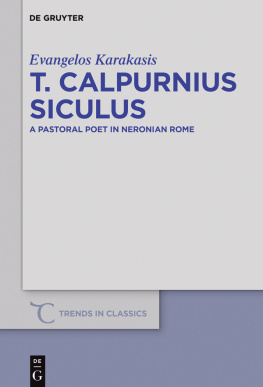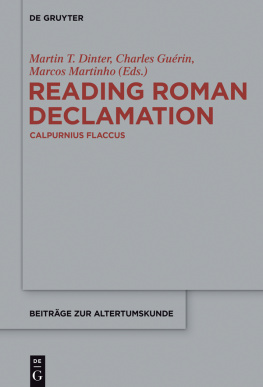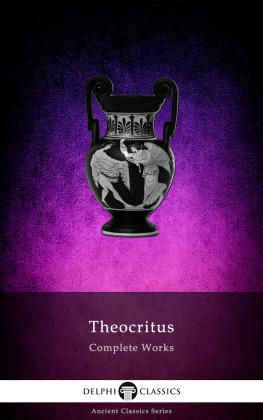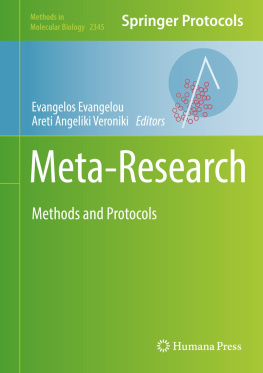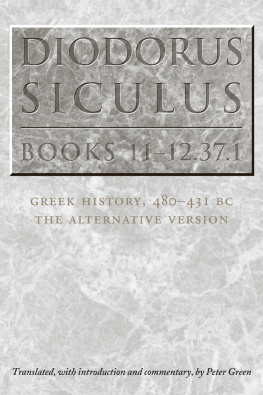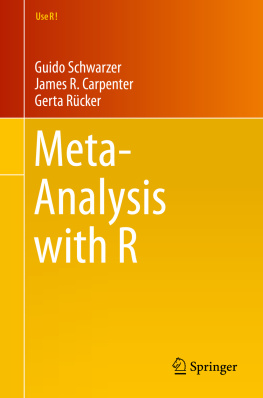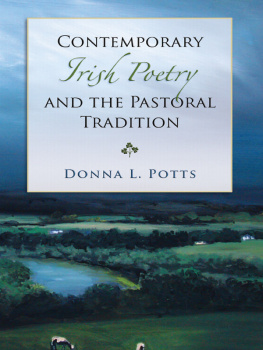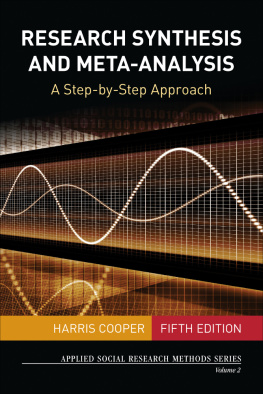Guide

Evangelos Karakasis
T. Calpurnius Siculus
Trends in Classics Supplementary Volumes

Edited by
Franco Montanari and Antonios Rengakos
Scientific Committee
Alberto Bernab Margarethe Billerbeck
Claude Calame Philip R. Hardie Stephen J. Harrison
Stephen Hinds Richard Hunter Christina Kraus
Giuseppe Mastromarco Gregory Nagy
Theodore D. Papanghelis Giusto Picone
Kurt Raaflaub Bernhard Zimmermann
Volume 35

ISBN 978-3-11-046804-5
e-ISBN (PDF) 978-3-11-047325-4
e-ISBN (EPUB) 978-3-11-047269-1
ISSN 1868-4785
Library of Congress Cataloging-in-Publication Data
A CIP catalog record for this book has been applied for at the Library of Congress.
Bibliographic information published by the Deutsche Nationalbibliothek
The Deutsche Nationalbibliothek lists this publication in the Deutsche Nationalbibliografie;
detailed bibliographic data are available on the Internet at http://dnb.dnb.de.
2016 Walter de Gruyter GmbH, Berlin/Boston
Logo: Christopher Schneider, Laufen
www.degruyter.com
Preface Acknowledgments
Recent years have witnessed a growing interest in postVergilian Roman pastoral, especially in Calpurnius Siculus, with several important commentaries and individual papers focusing on various aspects of his bucolic poems. In terms of this revival of interest, the main aim of this book is to offer a systematic reading of Calpurnian poetics from the viewpoint of generic evolution and within the historical context of the Neronian period. Some of the material included in this book has already been published as separate papers on individual poems; however, it has been revised in the light of new research and bibliographic data, and has been enriched and incorporated into a book exploring Calpurnian poetics as a whole.
I would like here to express my deepest thanks to friends and colleagues who have helped me during the preparation of this book: first, I would like to thank the two anonymous readers for their valuable remarks overall and in points of detail. Many thanks are also due to Prof. R. L. Hunter (University of Cambridge) who has kindly discussed with me several thorny pastoral issues and given me his insightful feedback. A special debt of gratitude goes to Prof. T. D. Papanghelis (University of Thessaloniki and Academy of Athens), who proved once again a bucolic Mentor, helping me decisively in forming my ideas on the generic evolution of Calpurnian pastoral and its historical contextualisation; his continuous help, thoughtprovoking remarks and invaluable criticism made me reassess several problems and bring this book to its completion. Last but not least, I would like to warmly thank Prof. A. Rengakos (University of Thessaloniki and Academy of Athens); his constant interest in the progress of my work, his strong willingness for help and assistance, his unfailing eagerness to include this book in the Trends in Classics Series make him yet again worthy of many special and cordial thanks.
Introduction
The Poet (Dating and Origin)
The dating of Calpurnius life and works still remains a hotly debated issue. Suggestions include the late first century, after Statius, the reign of Domitian, the period of Severus Alexander, in the third century AD, or the end of the third, sometimes even the fourth century. It has also been proposed that the poet, although of a later date, chose to set his bucolics in the Neronian years , a poetic panegyric most probably in praise of C. Calpurnius Piso.
The Poems
Modern scholarship attributes seven bucolic poems to Calpurnius, although until the 19 th c. (Haupt 1875) Nemesianus four pastoral poems were mistakenly transmitted under Calpurnius name. The text of Calpurnius bucolic poems is based on two manuscript families.
This is the Plot of the Calpurnian eclogues:
- An old prophecy carved on a beechtree speaks of the return of the Golden Age, inaugurated by the coming into power of a young divine princeps and characterised by the ideals of pax , iustitia , securitas and Clementia . Two herdsmen, Corydon and his brother, Ornytus, happen upon this prophecy, ascribed to Faunus, and come to a decision to set it to music, hoping it will provide access to the circles of the emperor.
- The love of a girl, Crocale / Crotale, causes a singing match between the herdsman Idas and the gardener Astacus. The songexchange takes the form of strophic units whose subjects include appeals to gods, pastoral and agricultural occupations, love, etc. However, the contest is inconclusive as Thyrsis, the arbiter of the match, pronounces a draw.
- The herdsman Iollas searches for his lost heifer, and encounters Lycidas, who has been abandoned by his beloved and is engaged in a lament. Lycidas composes a reconciliatory verse epistle, containing various motifs of the erotic Werbung of a bucolic lover: selfpraise concerning his musical merit, good looks and assets, expression of repentance for unjust acts, offer of presents, threats of suicide. The lost heifer is found and returned by a secondary character, Tityrus, and the two herdsmen view this as a good sign for Lycidas loveaffair.
- Corydon and his younger brother, Amyntas, engage in a songexchange in front of Meliboeus (as in Calp. 1), Corydons patron, in the hopes that Meliboeus will introduce Corydon into imperial circles. The songs themes include: invocations to divinities, georgic wealth and a feeling of security due to the benevolence of a godly emperor, eulogy of imperial legislation, bucolic celebrations, and requests in favour of the emperor. The eclogue ends (cf. also Calp. 2) with the pastoral characters returning to their everyday occupations.
- This eclogue is in fact a lesson de grege regendo , i. e., a set of instructions on the proper raising of sheep and goats offered by Micon to his (foster) son, Canthus. This guide is arranged on the basis of the seasonal cycle, starting with the spring and continuing with the summer, autumn and winter.
- Astylus and Lycidas engage in a singing match to settle their differences, after a quarrel over the formers decision to pronounce Alcon as the winner in a singing match against Nyctilus. The stakes are described in detail (Astylus stag and Lycidas horse) and the site for the songexchange is eventually chosen. However, on account of the hostility between the two contestants, the singing match is cancelled, and the umpire, Mnasyllus, refuses to perform his role.
- Corydon, recently returned from the city to the country, gives Lycotas an enthusiastic account of the amphitheatre in the city, and its shows. Lycotas expresses his envy for Corydons good luck in experiencing such a show and in having seen the princeps , and the eclogue comes to its end with Corydons portrayal of the emperor as a combination of Apollo and Mars.
Aims / Objectives of the Present Study
As observed above (cf. pp. 1 2), Calpurnius must have flourished in the first hopeful and promising years of the Neronian regime, the socalled quinquennium Neronis , during which the interest in the revival of the Augustan ideals (political, social and literary) was vigorous eat: it is not suggested here that pastoral is a timefree generic zone; one could easily understand that Calpurnius, as a late comer, zooming out the previous literary traditions and their occasional fine nuances does not always play by Vergils generic rules either in forming the generic profile of his bucolic poetry or in depicting various generic interplays. Nonetheless the surrounding literary milieu of Calpurnius floruit ,with its penchant for revival or even inversion of Augustan literary trends, may justify some of the research aims set out above (cf. above, p. 5). From this perspective, the present book aims to examine the ways in which the Calpurnian text converses with the previous pastoral tradition, and to focus on the means (themes, motifs, intertexts, language and style) that Calpurnius employs in order to suggest his generic ambivalence, his generic branching out towards forms of nontraditional pastoral discourse. The manner in which Calpurnius generic modification is applied to wellknown metalinguistic signs related to Neoteric pastoral poetics, which permeates Vergilian pastoral, will also form an important concern of the readings to follow. A further objective of the present study is to set the poems in their social and historical contexts and, thus, to read the various formalistic changes discerned on the basis of a historicising analysis of the pastoral data.

